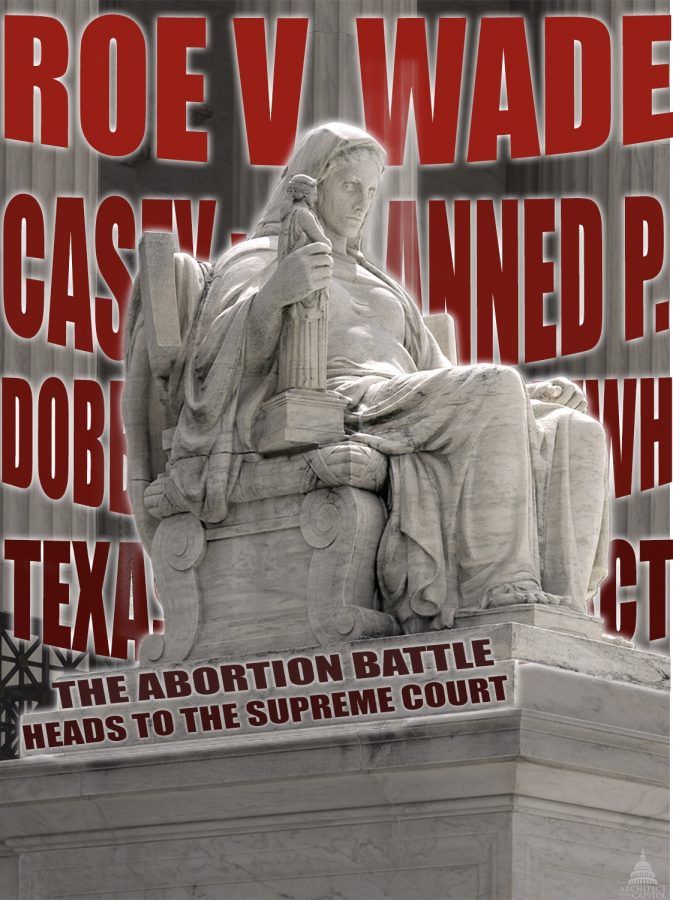What is next for the Texas abortion law?
The Supreme Court released their decision on S.B.8. on Dec. 1, 2021.
January 5, 2022
On Dec. 1, 2021, the Supreme Court released their decision on the Texas abortion law, also known as Senate Bill 8 (S.B.8.). In a quick recap, the law allows citizens to sue anyone who assists in giving an abortion roughly six weeks after pregnancy begins, with no exceptions for rape or incest.
In its ruling, the Supreme Court did not strike down the Texas law. Instead, the decision allows abortion providers to challenge the law in federal courts, which gives a large amount of decision-making power to lower courts. However, the ruling only gives a narrow space to challenge the law. The only suits allowed are those against state licensing officials. In her dissent, Justice Sotomayor noted that this new ability to challenge the law could cease to exist if the Texas legislature makes a small change to the Texas law.
Currently, state abortion laws need to abide by the undue burden standard set in Planned Parenthood v. Casey. This standard prohibits states from creating abortion laws that substantially block a woman from getting an abortion prior to viability (when the fetus is capable of surviving outside the uterus).
The Casey standard currently classifes the Texas abortion law as unconstitutional, but Casey will face its own possible overturning when the Supreme Court releases its decision on Dobbs v. Jackson Women’s Health Organization.
Dobbs v. Jackson’s Whole Women’s Health Organization concerns Mississippi’s ban on abortions 15 weeks after conception. If the court upholds Mississippi’s abortion ban, abortion providers and women who depend on abortion services fear Roe v. Wade will be overturned.
Roe v. Wade determined that a women’s right to abortion was protected under the right to privacy, and established the trimester system, which allows states to prohibit or regulate abortion in only the third trimester, as long as the law has an exception for life of the mother.
If Roe v. Wade is overturned, Planned Parenthood v. Casey would be as well, possibly making the Texas abortion law constitutional.





